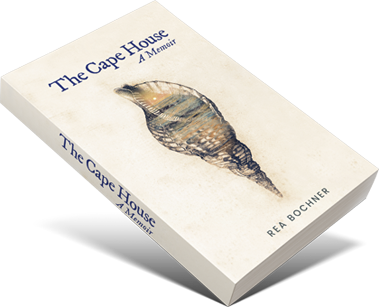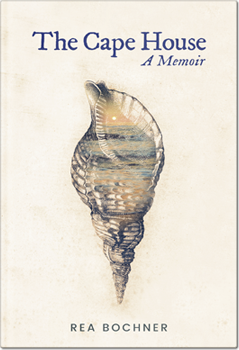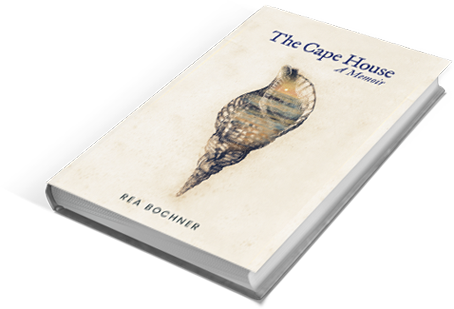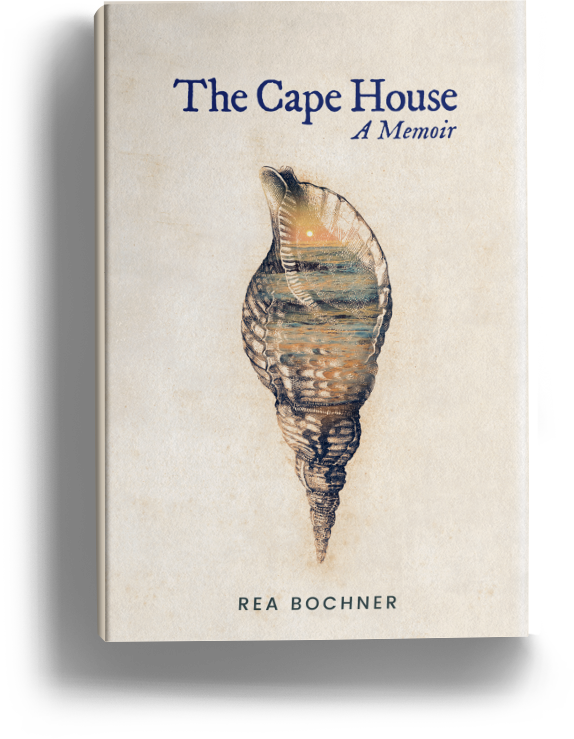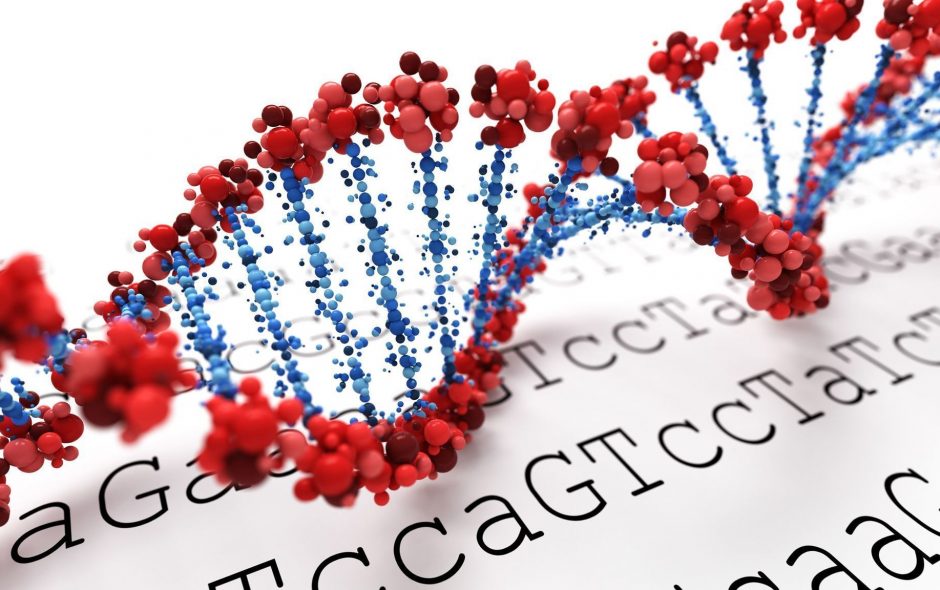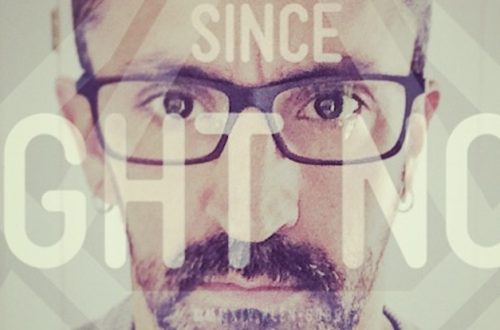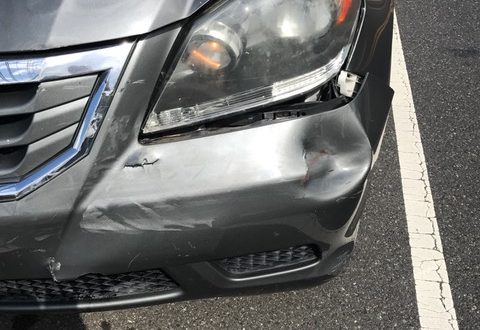I had some free time recently, so I decided to pop over to Virtua Hospital’s Counseling and Genetic Testing Center to find out how likely I am to die of cancer.
For such a heavy place, there was a monastic stillness to the office. The smiling receptionist welcomed me with a stage whisper reserved for libraries and houses of worship. Even the television was on mute.
“It’s so calm in here,” I said, handing her my insurance card.
“Yeah,” she said, “it’s typically pretty quiet.”
I wasn’t sure if that was reassuring: maybe nothing so fearsome happened behind that blonde wood door. Or maybe people just waited until they were out in the parking lot to have their breakdowns.
“You can just wait over there, sweetie,” the woman said, nodding to a horseshoe of chairs where an older woman knitted next to her husband, who stared sullenly at the television, and a young man in a hoodie scrolled on his phone. I was desperate to ask them what they were in for: Cancer? Lupus? Dementia?
On the table was an AARP magazine which I regarded with derision; it is the moral obligation of any medical office, particularly one where people are confronted with their own mortality, to have a healthy supply of trash magazines. People. US Weekly. InStyle. I will even accept OK and Star, if necessary. But anything with ads for seated chair lifts or orthotic insoles are unacceptable.
After enough time to read an article someone posted on Facebook, a blonde thritysomething called my name – correctly, for which I promptly thanked her. (Ask anyone with a remotely unique name what it’s like to operate in a world of Jasons and Emilys. It’s Rea. R-E-A. Ree-ah. No guesswork here, guys. And yet, I consistently get “Ray-uh?”, “Ray?”, “Ree?”, “Rye-uh?” People. It sounds how it’s spelled. And the invented spelling I’ve seen people spin with name is astonishing; once, a hotel actually booked me as “Asa Bucalls.” Thus was my faith in humanity laid to rest.)
The woman turned out to be my genetic counselor, Kristin, who led me to a bland administrative office with a desk, computer, and the requisite diploma on the wall: Master’s in Genetic Counseling.
“That’s a thing?” I asked.
“Yup.”
“Is it like counseling counseling?”
“Sort of,” she replied. “But you also spend a lot of time in the lab.”
I will never be a genetic counselor.
Kristin bypassed the desk for a friendly-looking table and chairs, where she sat down catty-corner from me. She gave me a quick spiel about what we were about to do: by going through my family’s history, she could get a better understanding of how their genes, birth defects and medical conditions may have implications for my health. She then had me talk through my grandparents on both sides, my parents, my siblings, and my kids, noting any illnesses, disorders, addictions, deaths, and other tragedies. I was able to report most of it with some composure, but the more I talked, the more obvious it became that, genetically speaking, I was a ticking time bomb. Almost everyone had something; my mother’s side was a competition for Miss Grisliest Cancer. Of course, I knew this information already, but seeing it on paper, graphed out in an elaborate tree, made it all feel very, very real. I was half-inclined to tell her to skip the formalities and tell me how many months I had left.
Instead, I started to cry.
“I’m sorry,” I said absently, my mind filled with images of myself in chemo units or being wheeled into surgery. My children left motherless. “This is just really intense.”
Kristin produced a box of tissues – a fancy box that holds the regular cardboard box. No surprise, this woman’s tissue game was on. “I understand,” she said. “Just remember that even if we find anything, it doesn’t mean you’re going to get cancer. It just means you’ll be a little more proactive. Screenings every six months instead of yearly, mammograms starting now instead of waiting until you’re forty. This isn’t a death sentence.”
Kristin then informed me that based on my history, she would not only have me tested for a BRCA gene mutation, but also a fuller panel for Lynch Syndrome, a genetic condition that indicates a high risk of colon cancer, endometrial cancer, and cancers of the ovary, stomach, small intestine, liver, gallbladder, bile ducts, upper urinary tract, brain, and skin – most of which had shown up somewhere in my family. All it would take was a simple blood test and two weeks to get the results.
“Great,” I said, though I meant the opposite.
The blood test was a breeze, despite the mirthless woman who had no interest in my charming banter as she jabbed a needle into the crook of my elbow. I watched my blood smoothly fill two test tubes, and the tiny wound on my arm covered with a plain beige band-aid. I was disappointed; I’d been holding out for Moana.
And just like that, I was driving home.
I think it says a lot about my spiritual status (or my capacity for denial) that I barely thought about the results for the next two weeks. My life is full and busy; it’s tough to ruminate on my impending death when you’ve got a four-year-old screaming for oatmeal, a seven-year-old who refuses to wear underwear, and a nine-year-old who constantly maneuvers for my phone so he can shop for Pokemon on Ebay. There were also deadlines to meet, errands to run, meetings to attend. Life plows forward. So my follow-up appointment came upon me almost as a surprise.
This time, I brought my husband.
I was quiet on the drive to the hospital, certain that I’d be getting a hysterectomy within the hour. My husband was his typical pleasant self – the man smiles even when we’re fighting – reminding me to hope for the best. Husband’s positiveness is something I generally admire (and envy), but in certain situations, such as when I’m going to get the results of my cancer panel, it makes me want to clock him.
“I can hope for the best,” I snapped, “and still be scared out of my mind.”
He looked at me. “You’re right. It is scary.”
My body relaxed. He’d said what I wanted to hear.
“But let’s not freak out until there’s something to freak out about.”
I took a deep breath. “Okay. Deal.”
This time, the waiting room was empty, and we were shuffled through quickly to Kristin’s office.
“I have some good news for you,” she said, sliding a small pile of papers across the table. In large bold print, it read: “NO EVIDENCE OF MUTATION”.
“What, like none?”
“Nope. You came up negative for mutations in every gene we tested.”
I was giddy with relief. I turned to my husband, whose face was flushed with color – and realized that had been just as terrified as I was.
“You hear this?” I said to him.
“I heard.”
“I’m going to live forever!”
Kristin told me that while there were no mutations, it wasn’t a complete “Get Out of Jail Free Card.” Twelve percent of all women are diagnosed with some form of cancer, so even if I didn’t have these mutations, I wasn’t immune. However, my odds were just as good as anyone else’s. There was no need for more vigilant screening. For today, I could go on my merry way.
“Holy God,” I said. “I was sure I’d be walking out of here without a uterus.”
On a high, Husband and I goofed our way out of the office, down the elevators, and through the exit of the building, the phrase “new lease on life” ringing in my ears. If my life was a musical (we all can dream), this would have been the moment for a big, show-stopping number that ends with someone doing a back flip.
But then, as we walked toward our car, I saw a severely overweight woman no older than fifty with long, stringy hair and a dirty sweatshirt inching her way toward the hospital with a walker. As I do every time I see someone in that condition, I thought, That could be me. Like a veil lifting, my eyes were suddenly opened to the reality beyond my own mutation-free body: In the building next door, there were people on dialysis, receiving chemotherapy, undergoing surgeries of all kinds. In the children’s hospital, there were toddlers with diagnoses I couldn’t even pronounce. Within yards were people in comas, on life support, their families pacing waiting rooms, worn beyond human exertion. And just a few miles up the highway was a detox unit where addicts like myself were trying – some for the second, third, or tenth time – to get sober.
What wacky divine lottery had determined that I walk away scott-free? I’d been scooped up from the depths of addiction and my life saved, and now, I’d been told my health forecast was all bright, open skies. Why was I so lucky? And what kind of obnoxious ass was I to go talking about it publicly, when there were so many other people suffering?
I thought of my friend Laura, who on September 10th, 2001 was sick from early pregnancy and called her client to reschedule their meeting for following the morning down on Wall Street. The next day, Laura watched her television in shock as the second plane crashed into the Twin Towers – mere feet from where she should have been standing. She was struck with the knowledge that her life had been spared. But for a long time afterward, she wrestled with guilt. Why had she survived that day when 3,000 other people hadn’t?
On a fractional level, I could relate; my acute awareness of other people’s illnesses tempered the joy of my clean screening. It reminded me of a quote by John Niven: “The sight of people sleeping on the streets hits us hardest around Christmas and New Year. We see them camped out alone on the freezing concrete, and we think, with a rush of guilt, about heading home to our families and our soft beds.”
This stuck with me as I returned home in my happy, healthy body to my happy, healthy family, and for a good while afterward. I didn’t write about the results. I barely told anyone, except for close family and friends, what Kristin had said. I kept uncharacteristically quiet about the entire thing.
Then it was Chanukah, the holiday of lights, fried food, and gift-crazed children. Despite my best efforts to make a joyous, fun-filled, fattening holiday, the complaints rolled in from Night #1: “How come he got two?”; “His toy is better!”; “Channukah is asgusting!”
“Seriously, you guys?” I exclaimed. “How about a Thank you, Mommy, you’re so beautiful? Dear Lord, you got a gift!“
My words had an unintended effect: they swooped right around like a boomerang and smacked me in the face.
I got a gift.
With my screening results, I had been doing the exact same thing my sons were, only backwards. My gift was one that some people would give anything for, but I was ignoring its value by comparing it to people who had it worse.
I will never know why God decided that I should be dusted off and set right on my feet, then given a genetic carte blanche. But as Laura says, “Instead of ‘Why me?’, try, ‘Thank You.'”
The “why” doesn’t really matter; it’s the “what” that counts – not just what I have, but what I’m doing with it.
Which brings me to the laptop today. I am swimming in so many blessings, I could say “Thank You” for the rest of my life and it still wouldn’t do it justice. So I’ll do my part by taking it to the page, telling the truth about it, and maybe it will help someone else.
We all have plenty in our lives that we’re lacking, things we wish we had more of. But look around: there’s an abundance of gifts, too – gifts more valuable than anything you could pick up at Target. In the midst of the holiday craziness, allow yourself a moment to breathe them in. Dwell in gratitude.
You might discover that the pleasure you get from what’s already yours is the greatest gift of all.
